A doctor who specializes in treating blood vessels and the heart is called a cardiologist.They may assist you in preventing or treating a variety of cardiovascular issues. Additionally, they
might focus on certain conditions like heart failure, irregular heart rhythms, or cardiac issues.
Core Functions
1. Advanced Diagnostics
A correct diagnosis is essential for successful heart surgery. The department uses modern diagnostic techniques, including cardiac MRI, coronary angiography, and echocardiography, to get precise pictures and data on the anatomy and physiology of the heart. With the use of these advanced techniques, cardiac surgeons may accurately diagnose conditions including congenital heart abnormalities, valve problems, and coronary artery disease.
2. New Surgical Techniques
The Department of Cardiac Surgery is leading the way in creating and using advanced surgical methods. The department is transforming cardiac treatment using a variety of techniques, including robotic-assisted surgery, transcatheter interventions, and minimally invasive procedures. These methods shorten recuperation periods, lower surgical risks, and enhance general patient results.
3. Extensive Therapy Programs
The department emphasizes the development of personalized treatment strategies, acknowledging that each patient's condition is distinctive. Cardiac surgeons collaborate closely with specialists such as cardiologists and anesthesiologists to create complete programs targeted to the individual requirements of each patient. By using a comprehensive approach, patients are guaranteed to get the best possible treatment.
4. Rehabilitation and Postoperative Care
Successful heart surgery takes place outside of the operating room. To aid in patients' recuperation, the department offers comprehensive postoperative care and rehabilitation services. As part of this, patients may get cardiac rehabilitation programs to help them restore strength and enhance their heart health, as well as medication management and monitoring for issues.
Common Cardiac Surgical Procedures
1. Coronary Artery Bypass Grafting (CABG)
CABG is one of the most common and effective procedures for treating coronary artery disease. Using a healthy blood artery transplant, a bypass is created around constricted or obstructed coronary arteries during this surgical procedure. Usually, the patient's arm, chest, or leg are used for the transplant. By increasing blood flow to the heart, CABG lessens the chance of a heart attack and relieves chest discomfort.
2. Heart Valve Repair and Replacement
The division specializes on heart valve replacement or repair treatments. While valve replacement employs prosthetic valves to restore normal cardiac function, valve repair consists of ways to correct defective valves. These operations are essential for addressing diseases including regurgitation and valve stenosis, which, if unrestrained, may result in heart failure.
3. Aortic Aneurysm Repair
Aortic aneurysms are potentially life-threatening conditions that require prompt surgical intervention. The biggest artery in the body, the aorta, may have aneurysms repaired via open or endovascular treatments. These procedures preserve the strength of the aorta wall and stop aneurysm rupture.
4. Congenital Heart Surgery
Birth problems that affect the structure and function of the heart are known as congenital heart defects. Specialized treatment for adults, children, and babies with congenital cardiac abnormalities is provided by the department. Surgeons fix these defects using intricate operations, therefore improving the prognosis and quality of life for those who are affected.
5. Heart Transplantation
For patients with end-stage heart failure, heart transplantation offers a life-saving option. The department has a dedicated transplant team that performs heart transplants using donor hearts. This procedure provides patients with a new, healthy heart, offering a chance for a longer and healthier life.
Patient Care and Support
1. Pre-operative Consultation and Education
Before any surgical procedure, patients receive thorough consultations to discuss their condition, the planned surgery, and expected outcomes. The department emphasizes patient education, ensuring that patients and their families understand the procedure, potential risks, and recovery process. This helps alleviate anxiety and prepares patients for their surgical journey.
2. Post-operative Monitoring and Follow-Up
Cardiac Rehabilitation is a crucial step in the healing process after cardiac surgery. Comprehensive cardiac rehabilitation programs, including supervised exercise, dietary counseling, and assistance for lifestyle modifications, are provided by the department. These programs assist patients in regaining their power, strengthening their hearts, and lowering their chance of developing new cardiac issues.
Emotional and Psychological Support of cardiac surgery
The department provides emotional and psychological support through counseling services, support groups, and patient education resources. By using a comprehensive approach, patients are guaranteed to get the Treatment in germany they need for both physical and emotional recovery.
Advancements and Future Directions
1. Technological Innovations As technology advances, the discipline of cardiac surgery is always changing. By using advanced imaging methods, robotically assisted surgery, and 3D printing for surgical planning, the department is dedicated to being at the forefront of these advancements. These improvements increase surgical accuracy and patient outcomes.
2. Research and Clinical Trials The Department of Cardiac Surgery is constantly involved in research and clinical trials to discover new treatments and surgical procedures. Patients will always have access to the most recent developments and evidence-based treatments because of our dedication to research. Research is still underway to create less invasive methods, enhance surgical results, and discover new methods to treating complicated cardiac problems.
3. Patient-Centered Care The department is committed to enhancing the patient experience by providing individualized treatment and support, with a focus on a patient-centered approach. Assisting patients with their specific requirements, offering instructional materials, and cultivating a sympathetic atmosphere where they feel respected.
The Department of Cardiac Surgery treats a wide range of heart conditions, including coronary artery disease, heart valve disorders (such as stenosis and regurgitation), aortic aneurysms, congenital heart defects, and end-stage heart failure. The department also specializes in performing heart transplants and various minimally invasive and robotic-assisted procedures to address these conditions.
Minimally invasive cardiac surgery involves smaller incisions, leading to reduced trauma to the body, shorter hospital stays, faster recovery times, and less post-operative pain. Additionally, these procedures typically have a lower risk of infection and complications. Compared to patients who have standard open-heart surgery, patients may often resume their regular activities more soon.
Preparation for cardiac surgery includes several steps, such as undergoing diagnostic tests (e.g., blood tests, imaging scans), reviewing your medical history, and stopping certain medications if instructed by your doctor. During the preoperative consultation, you will meet with your cardiac surgeon and healthcare team to discuss the details of your condition, the planned surgical procedure, potential risks, and expected outcomes. This consultation also provides an opportunity to ask any questions and receive guidance on how to prepare for surgery and recovery.
The length of recovery after heart surgery varies based on the kind of operation. Initially, patients will spend time in the intensive care unit (ICU) for close monitoring, followed by a stay in the cardiac care unit (CCU). Postoperative care includes pain management, wound care, and physical therapy. Most patients are encouraged to participate in a cardiac rehabilitation program, which involves supervised exercise, nutritional counseling, and lifestyle modifications to improve heart health. Appointments for routine follow-up will be made in order to track development and handle any issues.
The Department of Cardiac Surgery ensures the best outcomes through a combination of advanced technology, personalized treatment plans, and a multidisciplinary team approach. The department uses cutting-edge diagnostic tools, minimally invasive techniques, and robotic-assisted surgery to enhance precision and effectiveness. Personalized treatment plans are developed to address each patient's unique needs. Additionally, the department collaborates with other medical specialists, such as cardiologists, anesthesiologists, and rehabilitation experts, to provide comprehensive care from diagnosis through recovery. Ongoing research and participation in clinical trials further ensure that patients benefit from the latest advancements in cardiac surgery.
Experience the difference that expertise and compassion can make. Meet our exceptional team of experienced doctors, and trust us to provide you with the best in healthcare.
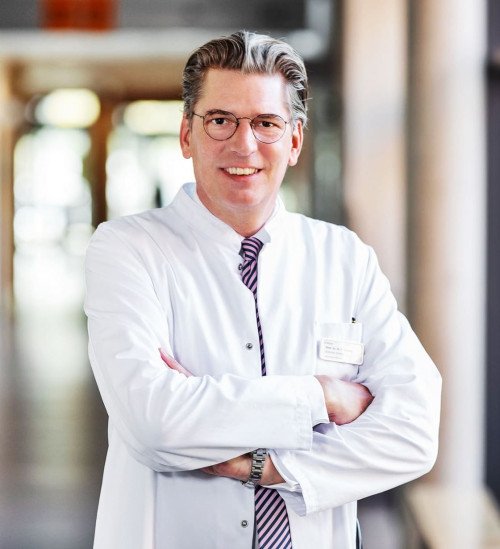
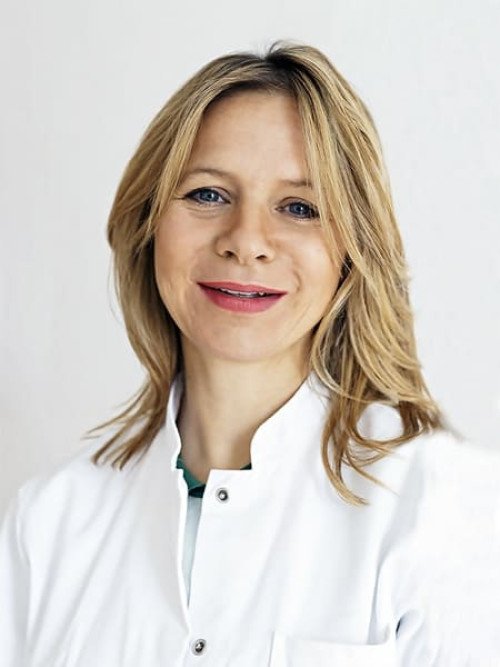
Cardiac Surgery
Specialist in Internal Medicine and Cardiology at the Cardiology-Internal Medicine
Berlin
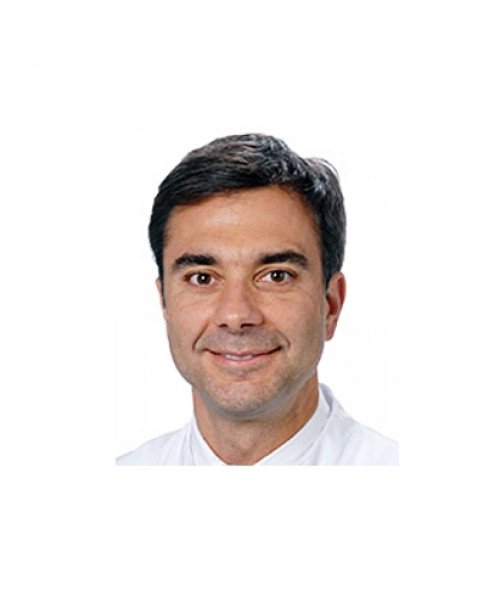
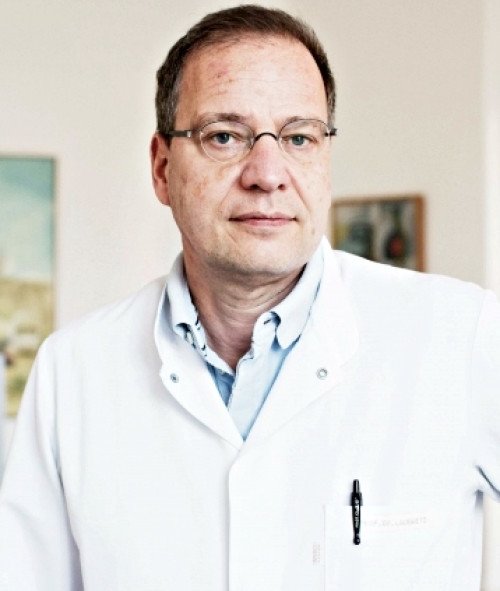
Cardiac Surgery
Medical Director for Department Cardiology
Munich / München
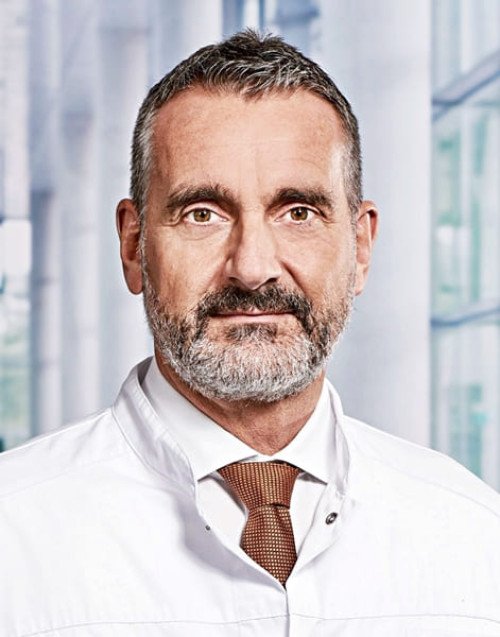
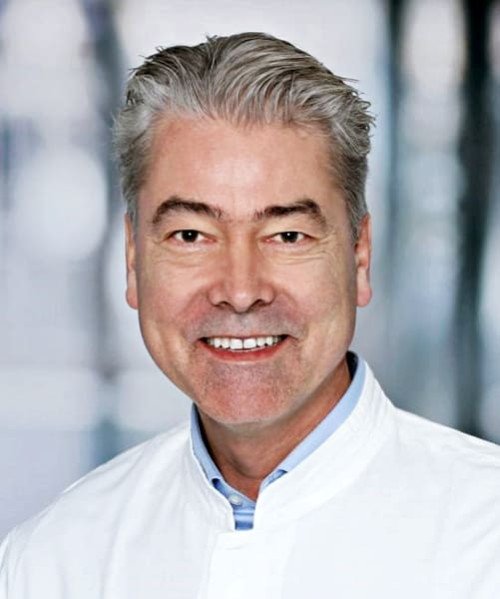
Cardiac Surgery
Medical Director and Specialist in Cardiac Surgery
Tübingen
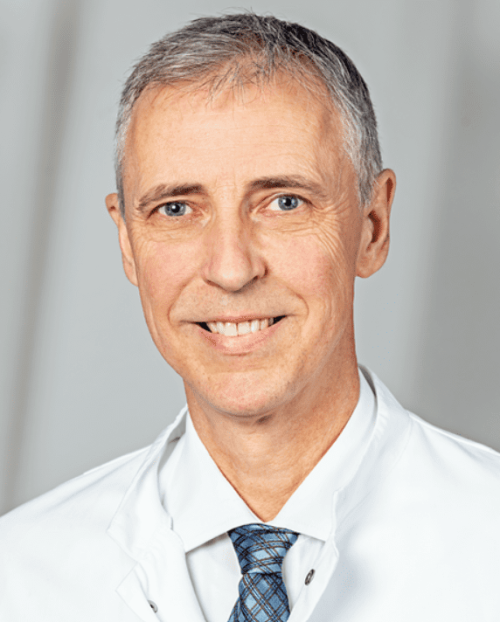
Cardiac Surgery
Medical Director in Department Cardiac Surgery
Heidelberg
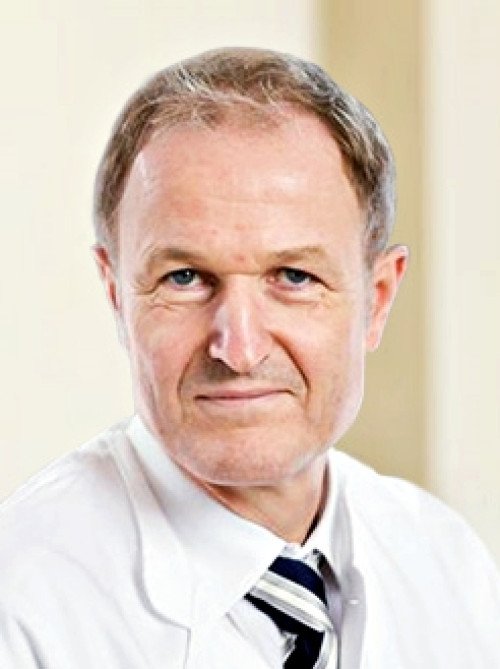
Cardiac Surgery
Medical Director Department of Cardiothoracic and Vascular Surgery
Berlin
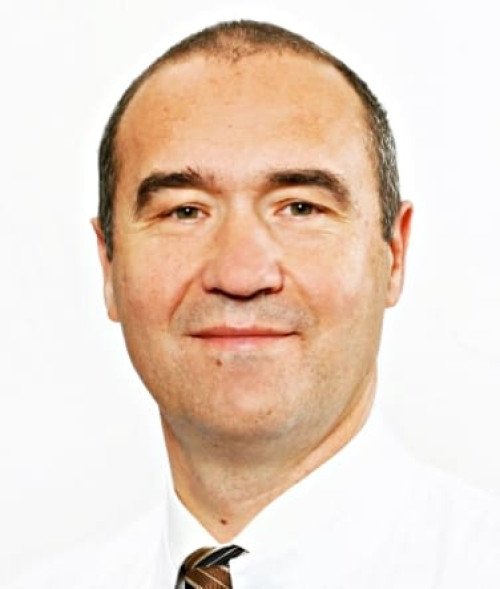
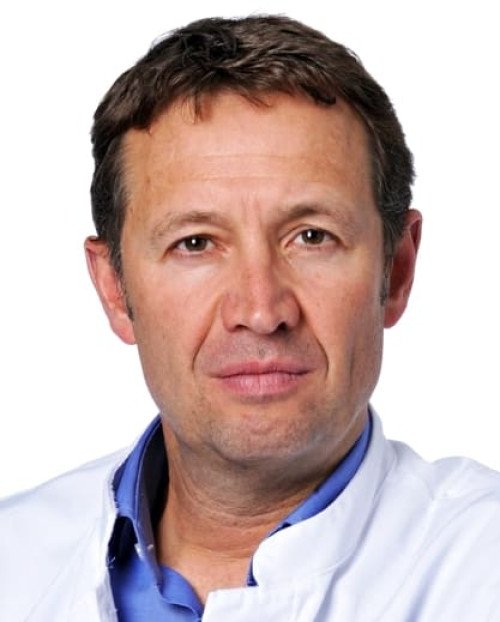
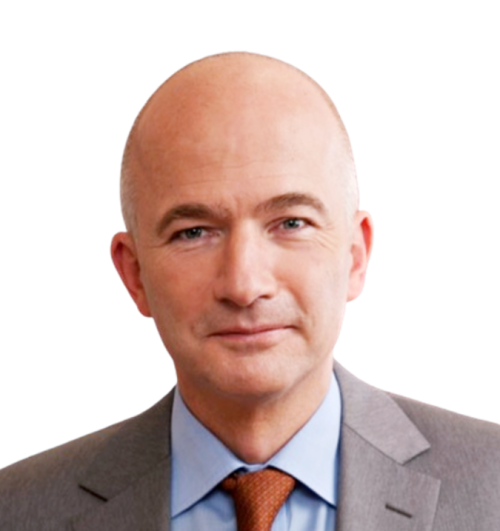
Cardiac Surgery
Clinic Director Department Cardiac Surgery
Homburg Saarland
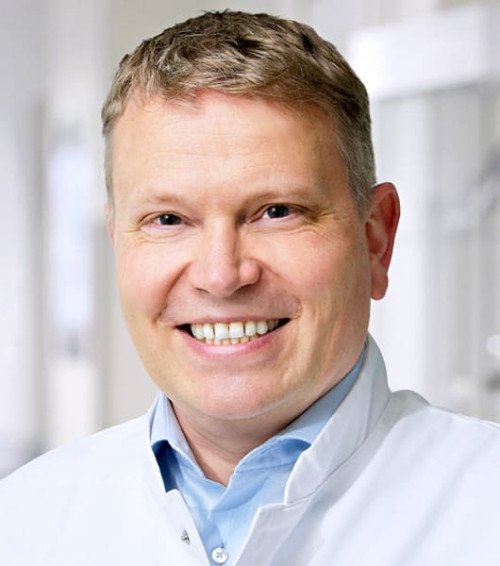
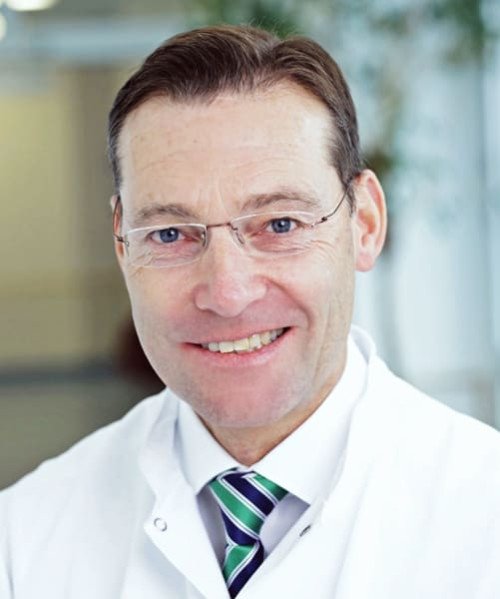

.webp)
 (1).webp)

.webp)
 (1).webp)


.webp)
 (1).webp)

.webp)
 (1).webp)
